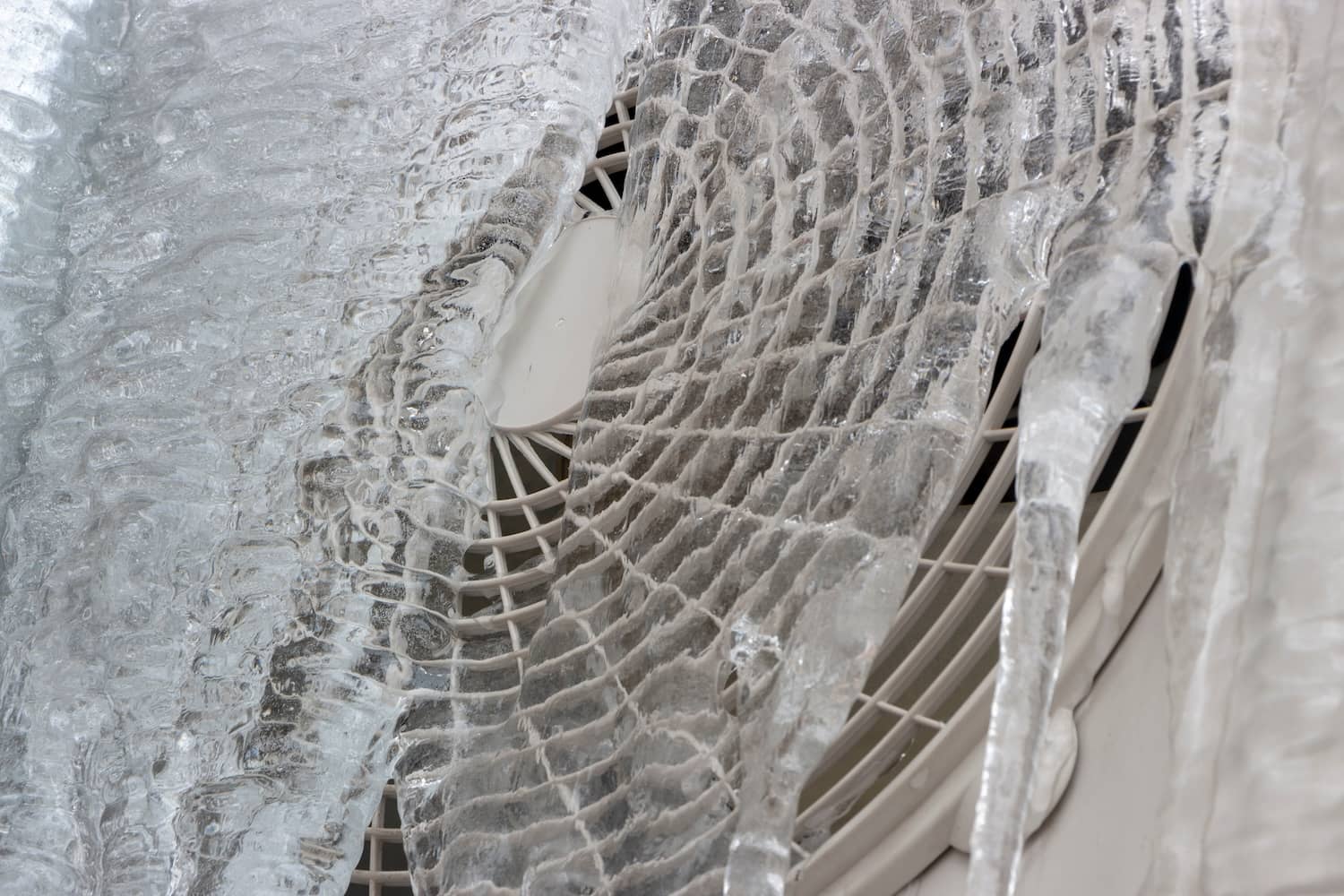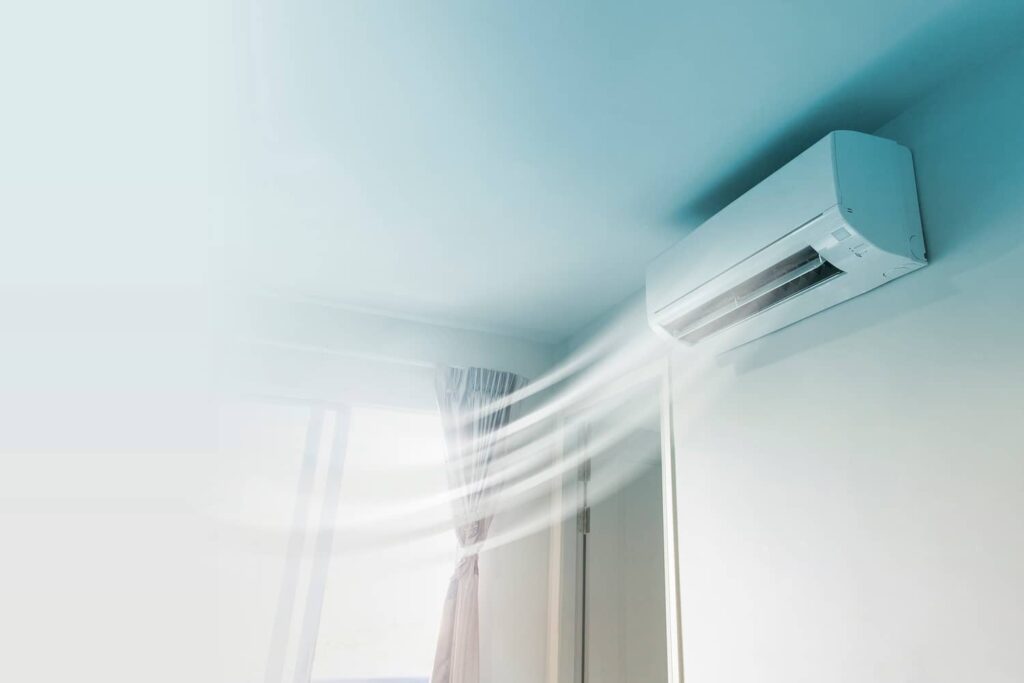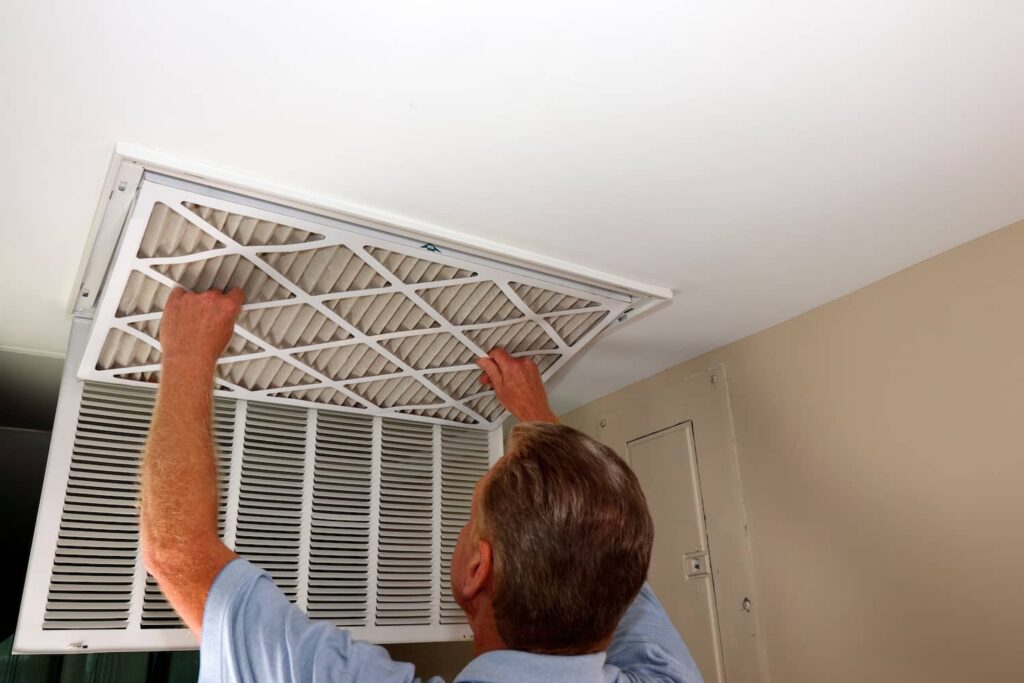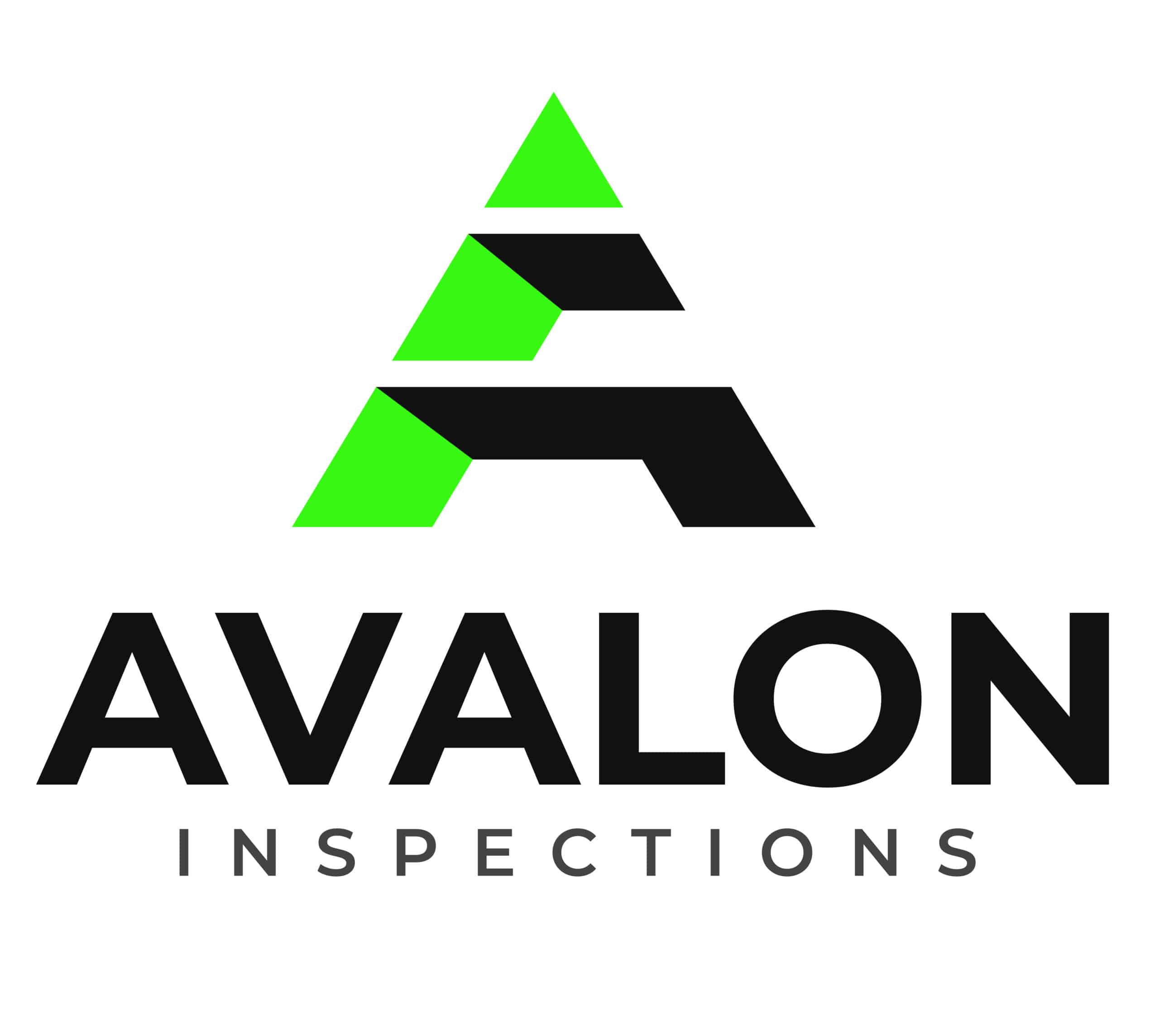
Investing in a brand-new air conditioning system for your home or property should result in a comfortable, cool environment. However, what happens when you are instead met with malfunctions like your new AC unit freezing? Such issues can be quite frustrating, leaving homeowners and property managers bewildered about what went wrong.
Does this sound familiar? In this article, we will explore the reasons why your new AC unit may be freezing up and provide insights on how to prevent and address the problem. Let’s dive in and equip you with the knowledge you need to tackle these cooling challenges head-on!
Insufficient Airflow: The Culprit Behind the Freeze
The first main culprit behind a freezing AC unit is insufficient airflow. When airflow is limited, the heat from the surrounding air cannot adequately reach the evaporator coil, causing it to become too cold and freeze up. Several factors can contribute to insufficient airflow, including:
Clogged Air Filters: Dirt, dust, and debris in the air filters can obstruct the airflow, making it difficult for the system to operate efficiently. Regularly cleaning or replacing the air filters is crucial to prevent freezing issues.
Blocked Vents or Registers: Ensure that all vents and registers are clear of obstructions such as furniture or curtains. Blocked vents restrict the airflow, leading to potential freezing problems.
Closed or Restricted Dampers: If your HVAC system has dampers, ensure they are fully open to allow proper airflow. Closed or restricted dampers can impede air circulation and result in freezing.

Low Refrigerant Levels: A Chilly Consequence
Low refrigerant levels stand as another common culprit behind freezing AC units. The primary role of refrigerant is to absorb heat from the indoor air, transferring it outside to cool your space. However, when the refrigerant levels fall below the required amount, the pressure within the system drops significantly.
Several factors can contribute to low refrigerant levels, with leaks being the most notable. The components of your AC unit may get damaged or corroded, paving the way for refrigerant leaks. This decline in pressure causes the evaporator coil to become excessively cold, leading to the unit freezing up.
Mechanical Issues: A Cold Snap for Your AC Unit
Unfortunately, mechanical issues within your brand-new AC unit could also lead to freezing problems. These issues may include:
Faulty Blower Motor: The blower motor is responsible for circulating the air throughout the system. If it malfunctions, the airflow will be insufficient, potentially causing freezing.
Defective Thermostat: A defective thermostat can cause the AC unit to run continuously, leading to overcooling and eventual freezing. Ensuring your thermostat is calibrated correctly and functioning properly is essential.
Now that we’ve identified some common causes of AC unit freezing, let’s explore preventative measures and solutions to address this chilling issue.

Recommended Maintenance and Prevention
The first key to keeping your new AC unit from freezing is to keep the outdoor condenser unit clean and clear of debris, which can hinder the heat dissipation process. Ensure you clean the condenser coils at least once a year, or call a professional to maintain efficiency.
In addition, have the ductwork inspected for leaks, as they can lead to lost air and reduced system efficiency. It’s also a good practice to have the electrical connections checked and tightened by a professional, ensuring the system operates safely and effectively. Between routine maintenance, here are some solutions to keep in mind:
Changing Air Filters: Clean or replace air filters every one to three months to maintain proper airflow and prevent debris from accumulating.
Clearing Vents and Registers: Regularly check and clear vents and registers of any obstructions to maintain uninterrupted airflow.
When to Call a Professional for a New AC Unit Freezing
While regular minor troubleshooting can be handled independently, certain situations warrant the expertise of a professional HVAC technician. It’s crucial to call a professional if you notice unusual noises, persistent freezing issues, suspected refrigerant leaks, or if the system isn’t cooling your home adequately. Moreover, an HVAC professional should be contacted for routine maintenance checks, repairs, or replacements of crucial components and when you’re unsure of how to address a particular issue. A professional’s expertise can provide accurate diagnoses and effective solutions, ensuring the longevity and efficiency of your AC unit.
Subsequently, repairing a freezing AC unit can incur varying costs depending on the issue and technician rates. Understanding these possible expenses can help make the most informed decision and ensure you get the most from your new AC unit.
Repair Costs to Expect if Your New AC Unit is Freezing Up:
General Repair Costs: Average costs hover around $400 plus service call fees of about $150. Repair prices can span from $5 to $3,300 depending on the repair type, labor, and other factors. Hourly repair costs range from $75 to $150, with an average total cost of $150 to $650. Some sources cite an average repair cost between $485 and $902.
Service Call Fees: Typically range from $75 to $200 for a professional to inspect and diagnose the issue.
Specific Issue Costs: Costs for addressing common issues like refrigerant recharge or evaporator coil replacement can vary widely.
It’s advisable to obtain multiple quotes from reputable technicians for a clearer picture of potential costs, bearing in mind that these can fluctuate based on location, issue complexity, and different technician rates.
However, most brand-new AC units come with a manufacturer’s warranty, usually lasting between 5 to 10 years, covering major components like the compressor and condenser. It’s crucial to activate this warranty by registering your AC unit with the manufacturer post-purchase. If your new AC unit is freezing up, check your warranty documentation, as it may cover necessary repairs or replacements.
Be aware that warranties might have maintenance requirements to remain valid, and improper installation or unauthorized repairs could void the warranty. Hence, it’s advisable to have your AC unit installed and serviced by licensed professionals to ensure the warranty remains intact and to address any freezing issues under warranty coverage, potentially saving you significant repair costs.
Conclusion
In conclusion, encountering a freezing issue with a new unit can be a perplexing and frustrating experience. Understanding the common causes, from insufficient airflow to low refrigerant levels and mechanical issues, can provide a clearer picture of how to prevent and address this problem.
With regular maintenance, prompt professional interventions when necessary, and adhering to the recommended preventative measures, you can ensure your AC unit operates efficiently and continues to provide the desired comfort for years to come. If you have any questions or concerns about your new AC unit freezing up, don’t hesitate to contact the professionals at Avalon Home Inspections.






